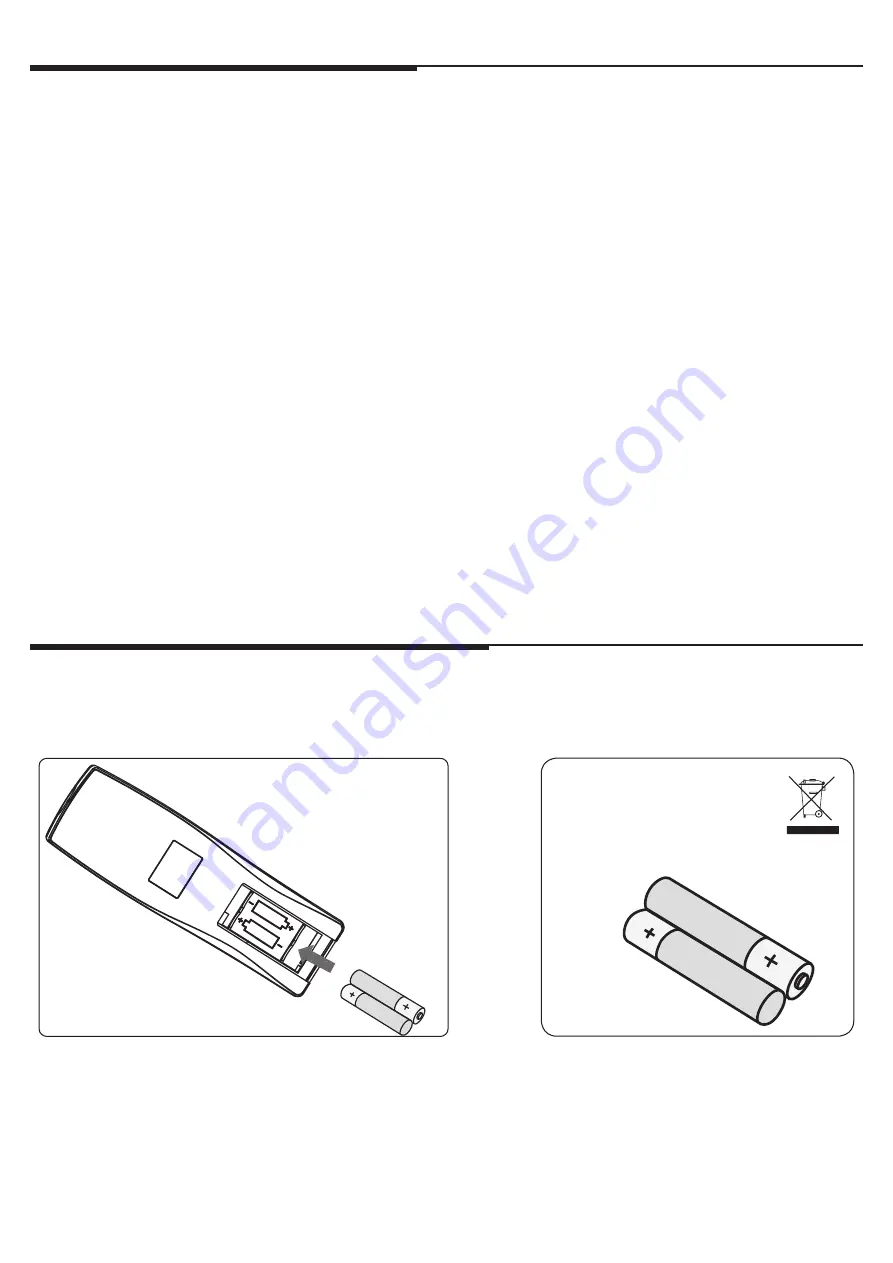
www.tsicustomerservice.com
A202
8
FCC/IC INFORMATION
BATTERY REPLACEMENT
Warning:
Changes or modifications to this unit not expressly approved by the party responsible for compliance could void
user’s authority to operate the equipment.
NOTE:
This equipment has been tested and found to comply with the limits for Class B digital device, pursuant to part 15 of
the FCC Rules. These limits are designed to provide reasonable protection against harmful interference in a residential installa
-
tion. This equipment generates, uses, and can radiate radio frequency energy and, if not installed and used in accordance with
the instructions, may cause harmful interference to radio communications.
However, there is no guarantee that interference will not occur in a particular installation. if this equipment does cause harm
-
ful interference to radio or television reception, which can be determined by turning the equipment off and on, the user is
encouraged to try to correct the interference by one or more of the following measures.
• Reorient or relocate the receiving antenna.
• Increase the separation between the equipment and the receiver.
• Connect the equipment into an outlet on a circuit different from that to which the receiver is connected.
• Consult the dealer or an experienced radio/TV technician for help.
This device complies with Part 15 of the FCC Rules. Operation is subject to the following two conditions:
(1) This device may not cause harmful interference, and
(2) this device must accept any interference received, including interference that may cause
undesired operation. Modifications not approved by the party responsible for compliance could
void user’s authority to operate the equipment.
This Class B digital apparatus complies with Canadian ICES-003.
Note:
Battery disposal
Please always dispose of batteries
at a suitable recycling point.
AAA
1.5V
AAA
1.5V
NOTE: Do not mix old and new batteries.
Do not mix alkaine, standard (carbon zinc), or rechargable (nicad, nimh, etc.) batteries.
Caution: Do not ingest batteries.
1. Non-rechargeable batteries are not to be recharged.
2. Batteries are to be inserted with the correct polarity.
3. Exhausted batteries are to be removed from the product.



























